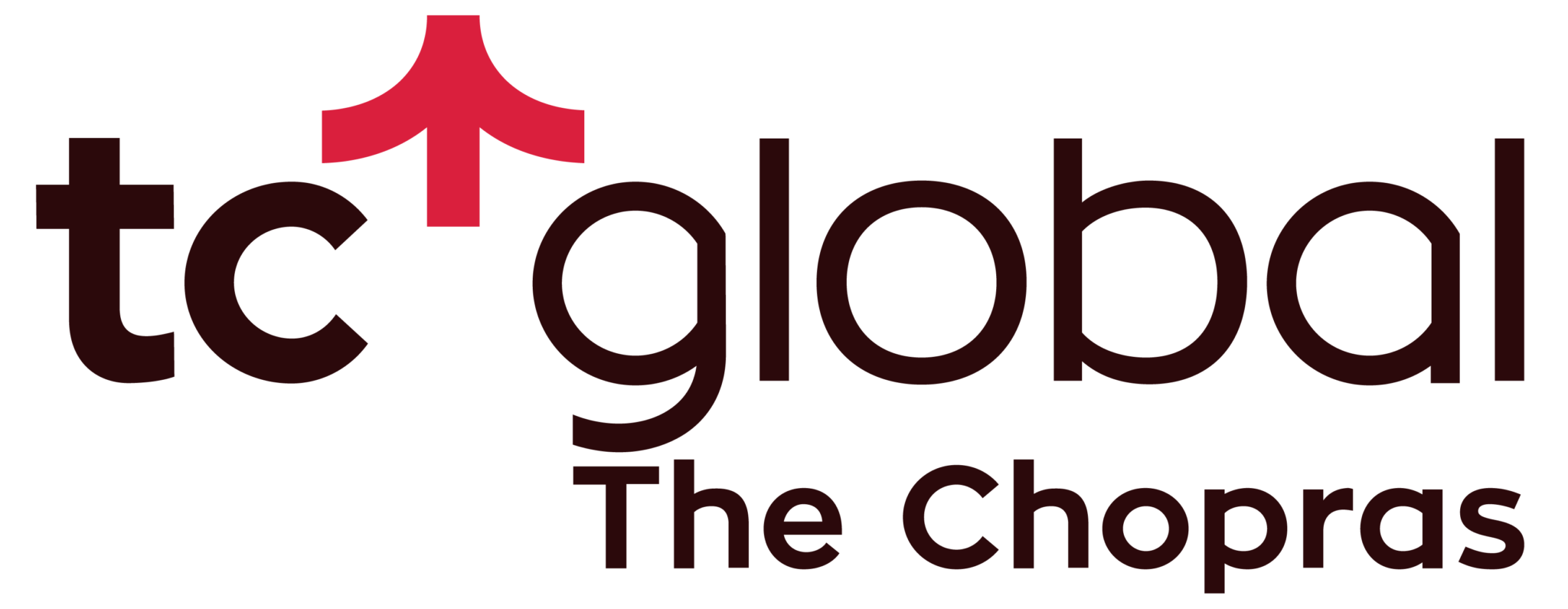Education System in Germany
A significant number of international students prefer studying at German schools, institutes, and universities because of their excellent global reputations. The basic law grants every German citizen the right to self-fulfillment and higher education. The goal of the education policy is, therefore, to provide each citizen with opportunities to grow personally, professionally, and as a citizen in accordance with his or her abilities and preferences. Kindergarten (nursery school) education is provided for all children between one and six years old. However, most children first attend Grundschule (literally meaning ‘Ground School’) for 4 years from the age of 6 to 9 followed by secondary education. The major types of German secondary schools include Gymnasium, Realschule, Hauptschule, and Mittelschule. Gymnasium schools are more academically oriented. A Gesamtschule is comparable to a Comprehensive School. Gymnasium prepares students for higher education and ends with the Abitur (a prerequisite for enrolling in university). In addition, everyone who wants to enter higher education studies in Germany must have a Higher Education Entrance Qualification.
The higher education institutes and universities in Germany are highly acclaimed and globally recognized. Most of the higher education institutes offer study programs taught in English to attract a significant number of international students. Most of the institutes also offer free German language classes.
Three major types of higher education institutes are present in Germany:
1.TECHNISCHE HOCHSCHULE (Technical schools): These institutes mostly teach subjects such as science, engineering, and technology.
- FACHHOCHSCHULEN (Universities of applied sciences): These institutes offer programs that focus on practical training related to business, design, economics, and the social sector.
- KUNSTHOCHSCHULEN (Colleges of art and music): These colleges offer creative and artistic programs and courses such as music, fine arts, fashion designing, and filmmaking.
Around 330,000+ international students are enrolled in German higher education institutions, making 15-20 % of the total student population. Universities enroll roughly 70% of foreign students. Most international students study Engineering. They form 35 % of all international students.
(There has been a) 11 % growth in the number of Indian students studying in Germany and numbers reached 15,000 thousand in September 2022. The rate of growth of Indian students is 3 x the global average of 4.4 %. Indians form the 2nd largest group of international students enrolled at German universities, second only to Chinese.






